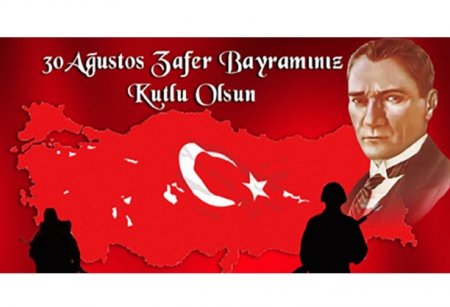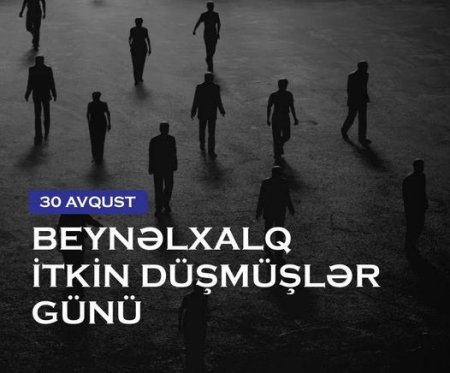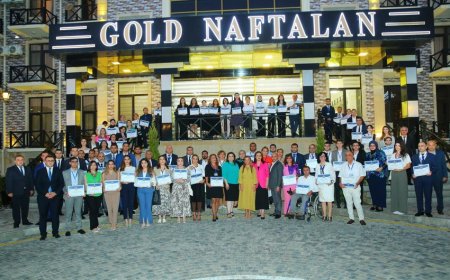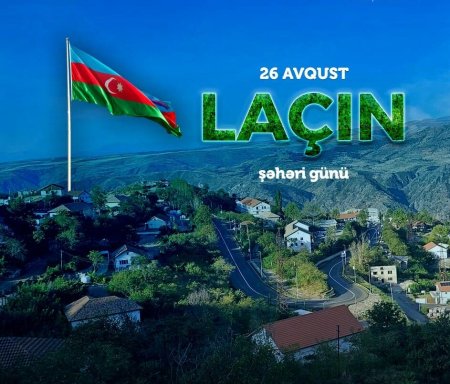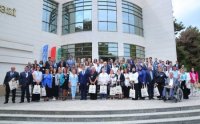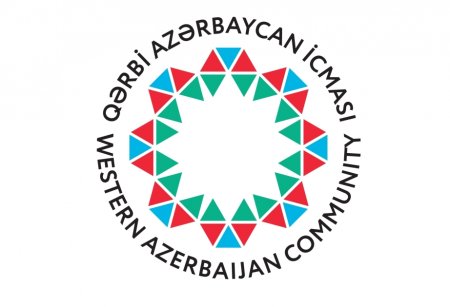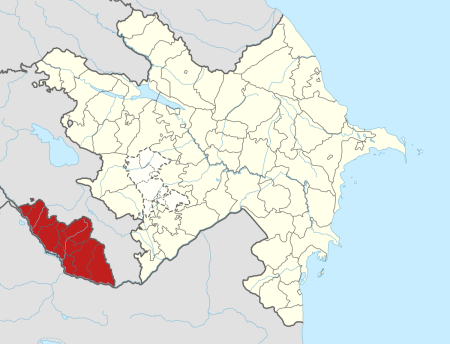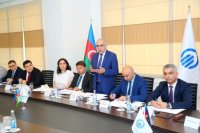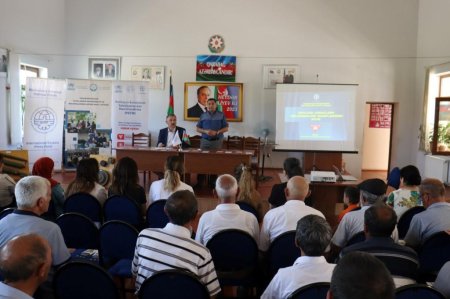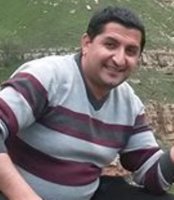August 30 – Victory Day of Turkey
August 30 holds a place of utmost importance in Turkey's history as Victory Day. On August 30, 1922, under the leadership of Mustafa Kemal Pasha, the Turkish army achieved a historic victory that would ultimately determine the outcome of the War of Independence, liberating the southwestern part of the country from Greek occupation. The path to Victory Day and the establishment of the Republic of Turkey was arduous and intricate. In August 1920, following a significant defeat in World War I, the Ottoman Empire was compelled to sign the Sèvres Agreement, presented by the Allied Western powers (Britain, France, and the USA) in the city of Sèvres near Paris. This agreement stipulated the loss of three-quarters of Ottoman territory, including a substantial portion of what is present-day Turkey, dating back to 1914. In response, the Turkish people, under the leadership of Mustafa Kemal Pasha, rose to wage the War of Independence. They vehemently protested the surrender agreement signed by the Ottoman Sultanate in Istanbul. The Grand National Assembly of Turkey, convened in Ankara, staunchly refused to endorse it. To assert the existence of the Turkish nation and statehood on the world stage, it became imperative to achieve victory on the battlefield. The Battle of Sakarya in 1921 demonstrated the unwavering determination of the Turkish army, laying the groundwork for the momentous "Great Offensive" victory in August 1922...
Today marks the International Day of the Disappeared
In light of recent information from the State Commission on Prisoners and Missing Hostages of the Republic of Azerbaijan, it has come to our attention that during the First Karabakh War, Armenia's military aggression against Azerbaijan resulted in the registration of 3,890 Azerbaijani citizens as missing persons. This distressing tally comprises 3,171 military personnel and 719 civilians, including 71 minors, 267 women, and 326 elderly individuals.
Out of the total number of missing persons, 872, including 29 children, 98 women, and 112 elderly citizens, were either taken hostage or remained in the occupied territories. Subsequent to their release, former prisoners and hostages confirmed sightings of these individuals still alive. However, throughout the entire conflict, Armenia concealed information about these persons from international organizations and refrained from providing insights into their subsequent fates...
The "II Development and Exchange Program of NGOs" Concludes
Trainers Anar Valiyev, the Dean of ADA University, and international expert Vusal Behbudov expressed their gratitude to the participants for their high motivation and active engagement.
Participants also shared their feedback on the program, highlighting how the acquired knowledge and skills will significantly enhance their methodological support, enabling more efficient organization of their work.
The State Support Agency for NGOs presented certificates to those participants who successfully completed the training.
It's worth noting that the "I Development and Exchange Program of NGOs" took place in Mingachevir last year, with a total of 218 NGOs participating in these programs held across different regions.
The Agency remains committed to providing continued state support for the development of NGOs, aligning with the specific needs of regions and public unions.
Azerbaijan Commemorates Lachin City Day on August 26
August 26 holds special significance as it marks the anniversary of the transfer of Lachin City under Azerbaijani control. On August 26, 2022, the Azerbaijani Army established its presence in Lachin City, also bringing the villages of Zabukh and Sus under its jurisdiction. The transfer of the Lachin region to Azerbaijan, as outlined in the tripartite declaration following the Victory in the Patriotic War, occurred on December 1, 2020. However, due to the Lachin corridor passing through the city of Lachin, it remained temporarily under the oversight of the Russian peacekeeping contingent. Per the provisions of the Tripartite Statement signed by the leaders of Azerbaijan, Russia, and Armenia on November 10, 2020, agreements were set to be reached within three years regarding the construction of an alternative route to the Lachin corridor. Azerbaijan expeditiously finalized these agreements, confirmed the new road's route with the Russian side, and promptly initiated construction. Remarkably, in just one year and eight months, the construction of the alternative road reached completion. Consequently, on August 26, the Azerbaijani Army took full control of Lachin City, along with the villages of Zabukh and Sus. Worth noting is that on July 31, 2023, President Ilham Aliyev issued a decree establishing city days in the liberated territories of the Republic of Azerbaijan. In accordance with this decree, August 26 was designated as Lachin City Day.
The "II Development and Exchange Program of NGOs" was inaugurated in Naftalan
The "II Development and Exchange Program of NGOs" was inaugurated in Naftalan, organized by the State Support Agency for Non-Governmental Organizations. The opening ceremony witnessed the presence of key figures, including Aygun Aliyeva, the Executive Director of the agency, Vugar Novruzov, Head of the Naftalan City Executive Authority, state officials, and representatives of NGOs from more than 25 cities and regions. Over the course of this comprehensive three-day training program, experienced trainers will impart essential skills in project development and management to NGOs. They will also provide insights into international project writing standards and facilitate group activities. The program's trainers, namely Anar Valiyev, an associate professor at ADA University, and Vusal Behbudov, an international expert from the European Commission, elaborated on the program's agenda, structure, and the anticipated outcomes. Upon successful completion of the training, participating NGOs that demonstrate significant progress will be awarded certificates by the agency.
France's Support for Armenia's Request: A Challenge to International Law and Human Rights
NGOs operating in Nakhchivan appeal to international community regarding opening of Zangazur corridor
“Umid” SSD PU has commenced the execution of the project titled “Enhancing Public and Social Engagement Among Students through the Improvement of Social Welfare Environments”
A public forum was convened to review the initial and interim outcomes of the pertinent sections of the "2022-2026 National Action Plan for Reinforcing the Anti-Corruption Efforts
During the event, comprehensive information was provided to the participants regarding the ongoing educational reforms in our country, the digitization of activities in the education system, the role of non-governmental organizations in these reforms, the current situation, and future prospects. Additionally, detailed updates on the progress of the relevant items from the National Action Plan were presented.
The event continued as a productive mutual discussion, with representatives from non-governmental organizations posing questions related to the topic, which were addressed by the participants.


